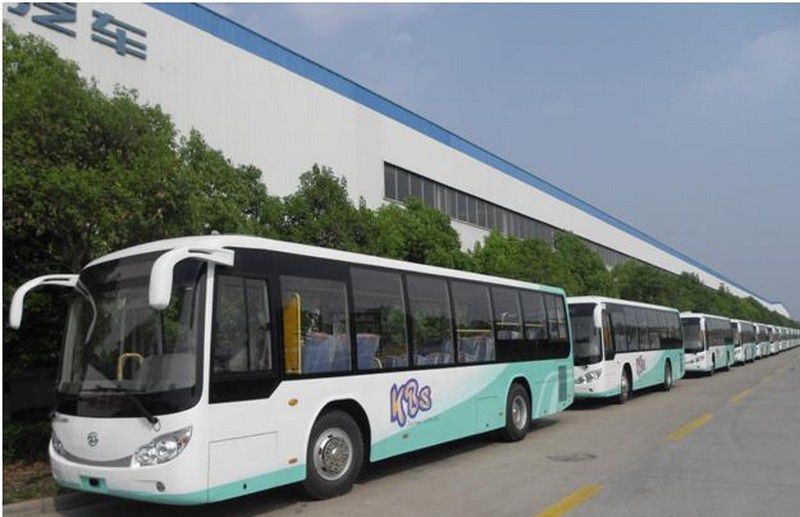In a move to enhance mobility in the rapidly growing capital, Kigali city officials announced a significant expansion of public transport services on Thursday. The Ministers of Infrastructure, Local Government, and Finance, alongside the City Mayor, unveiled new transport corridors and lines set to commence on March 16.
The updated transport network will feature 18 operators, including 14 companies and four individuals, accredited to provide public transport services in Kigali. These operators will cover seven corridors, offering various bus lines to facilitate commuter travel across the city.
Among the notable additions are Corridor A, serving the Gasabo and Kicukiro districts with four operators, and Corridor B, focusing on routes between downtown, Nyabugogo, and Kicukiro. New lines aim to address specific needs, such as connecting the Special Economic Zone in Remera and improving access to Masaka, which is emerging as a health hub.
Corridor C will cater to routes between Nyanza Kicukiro and downtown Nyabugogo, while Corridor D will operate along the Kicukiro-Niboye road network. Corridor E will cover parts of Gasabo district, and Corridor F will focus on routes within Gasabo, including new lines to Nyacyonga and Masoro. Corridor G, the largest in Nyarugenge, will offer a variety of routes connecting different parts of the city.
The announcement also marked the end of subsidies for public transport, a measure introduced in 2020 to alleviate the impact of rising transport costs. According to Dr. Jimmy Gasore, the Minister of Infrastructure, the subsidies will now be redirected to other areas, such as stabilizing fuel prices. The city’s bus fleet has expanded from 200 to 500 buses since 2021, serving approximately 250,000 passengers on weekdays and 180,000 on weekends.
Private operators seeking to cover additional routes are encouraged to apply for permits through the Rwanda Utilities Regulatory Authority (RURA), which oversees transport regulations and pricing.

